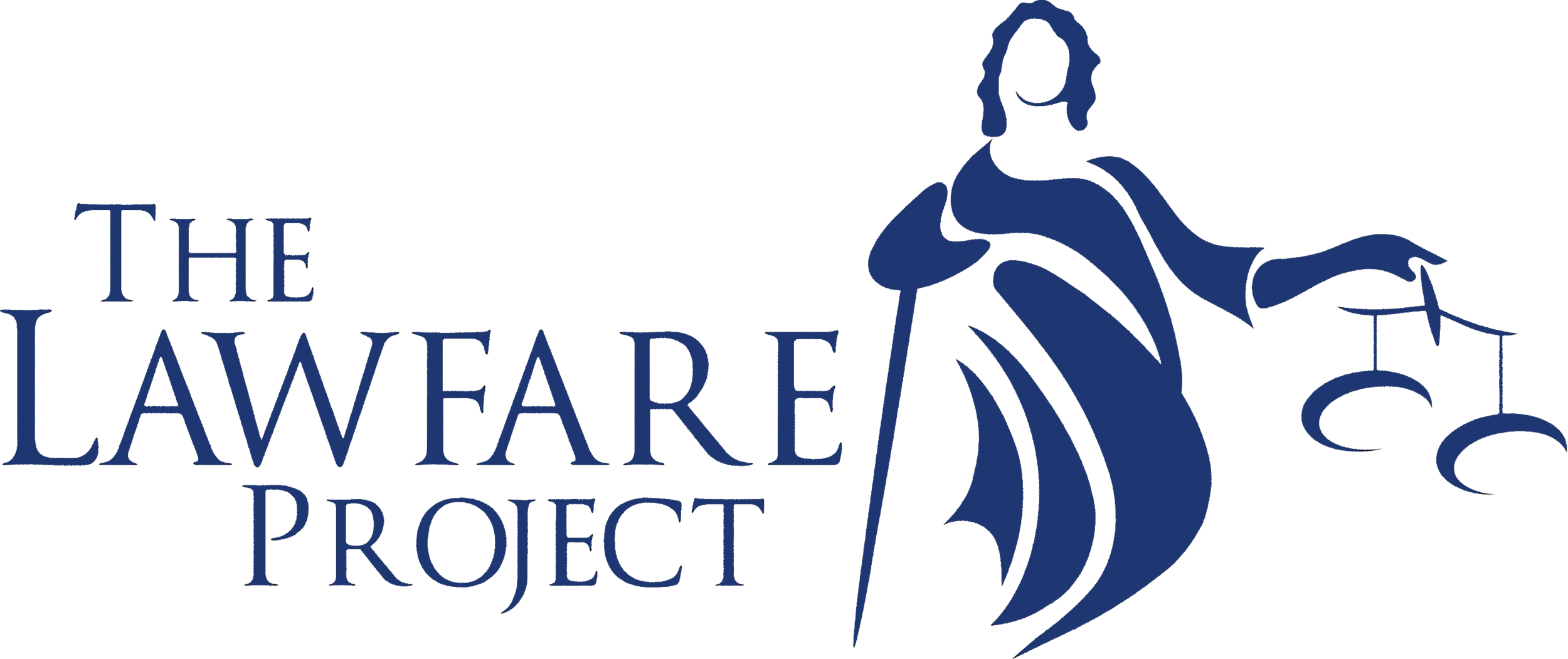Head of DOJ Civil Rights Division Declines to State Whether He Will Protect Speech Critical of Religion
July 31, 2012 – NEW YORK – One of the greatest liberties granted to the people of the United States is freedom of speech. Because of the protections guaranteed by the First Amendment one can criticize religion and religious beliefs, no matter how unpopular or offensive. Indeed blasphemy is not a crime in this country, and for good reason. But last week Thomas Perez, Assistant Attorney General of the Department of Justice (DOJ) Civil Rights Division, came dangerously close to tolerating the abrogation of our First Amendment liberties.
On July 26, Representative Trent Franks (R-AZ) asked Perez before the House Judiciary Committee Subcommittee on the Constitution, “Will you tell us here today that this Administration’s Department of Justice will never entertain or advance a proposal that criminalizes speech against any religion?”
Shockingly, Perez refused to answer whether he would uphold the fundamental protections of the First Amendment. After several requests to answer a basic and straightforward question on First Amendment law, Perez still refused to make a statement. A video of Perez’s refusals is available on YouTube.
Franks’ question was prompted by a meeting last October at George Washington University between top Justice Department officials and anti-free speech Islamist advocates. Among the attendees were representatives of the Institute for Social Policy and Understanding(ISPU) and Mohamed Magid, President of the Islamic Society of North America (ISNA). The latter organization is a Muslim Brotherhood front and an unindicted co-conspirator in a Hamas funding trial in 2008. The meeting’s advocates lobbied for cutbacks in U.S. anti-terror funding, limits on the powers of terrorism investigators, and changes in agent training manuals. Most significantly, they urged for a legal declaration that criticism of Islam in the U.S. be considered racial discrimination, potentially under the Title VI anti-discrimination laws.
Neither Perez nor the other DOJ officials present objected to the call to redefine our most precious of rights in violation of First Amendment principles. Instead, Perez stated that he “sat [t]here the entire time, taking notes [having] some very concrete thoughts…in the aftermath of this.”
The Islamist lobby was led by Sahar Aziz, an Egyptian-born, American lawyer and Fellow at the aforementioned Institute for Social Policy and Understanding, a Muslim advocacy group based in Michigan. Aziz urged for a legal redefinition of freedom of speech that would equate speech critical of Islam with racism, which she hoped would then “take [federal] money away from local police departments and fusion centers who are spying on all of us.” According to Aziz, the word “Muslim” has “become racialized…” and she “[does not] accept this formalistic cop-out that this is all about religion.” Unfortunately for her argument, the First Amendment protects free speech, and especially speech critical of religion. Without debating whether discrimination against Muslims occurs on racial or religious grounds, Aziz’s suggestions constitute an overbroad assumption that all speech critical of Islam or Islamist rhetoric must be, by definition, discriminatory and racist.
This most recent incident is merely one element of an orchestrated campaign to enforce Sharia (Islamic law) blasphemy codes in the West. Over the past eleven years, the Organization of Islamic Cooperation (OIC), a 57-member group of Muslim states and the second largest inter-governmental organization after the U.N., has maneuvered within the United Nations Human Rights Council (UNHRC), to gain “international legitimacy of their domestic criminal prosecutions of anti-religious speech.” Such an Islamist lawfare strategy – the use of the law as a weapon of war to silence speech deemed blasphemous to Islam – is complimented by frivolous lawsuits designed to punish and chill the exercise of free speech on issues of national security, such as Islamist terrorism and its sources of support.
Aziz’s comments, and the DOJ’s apathetic response, follows the passage of UNHRC Resolution 16/18, strongly pushed by the OIC and supported by U.S. Secretary of State Hillary Rodham Clinton, the latest in a series of all out attacks on the exercise of free speech in liberal democracies. Resolution 16/18 labels those who investigate and speak critically about Islamist terrorism as “extremist” and reiterates “concern” with the negative projection of religion. This past December, the United States hosted an international conference with the objective of establishing standards for implementing Resolution 16/18. This has resulted in, among other things, the redaction of the words Islam and jihad from Department of Defense counter terror training manuals and the Ft. Hood report that classified the terrorist attack on a U.S. military base by an American soldier, Major Nidal Hassan, as “workplace violence.” The report also, tellingly, omitted all reference to Major Hassan’s ties to Islamist terrorists and his essay arguing for the painful liquidation of non-Muslims.
Lawfare Project Director and human rights attorney, Brooke Goldstein, commented, “It is worrisome, nay, unacceptable, for the U.S. Secretary of State and the Department of Justice to seemingly entertain the re-definition of a fundamental American freedom enshrined in the Constitution, the inalienable human right to freedom of speech. The cornerstone of any liberal democracy is the right to speak critically of religion and to dialogue openly about imminent threats to our national security, such as militant Islam. It is more than apparent that Islamist entities such as the OIC, ISNA, and ISPU have clear goals that directly contradict American concepts of human rights. We must be swift to condemn our government’s failure to denounce those goals; the compromising of U.S. national security and the prioritization of Islamic speech codes over the First Amendment rights that make America unique.”
For more information, please contact:
Brooke Goldstein – Brooke@TheLawfareProject.org – (212) 922-1672 ext. 302
Benjamin Ryberg – Ben@TheLawfareProject.org – (212) 922-1672 ext. 305
